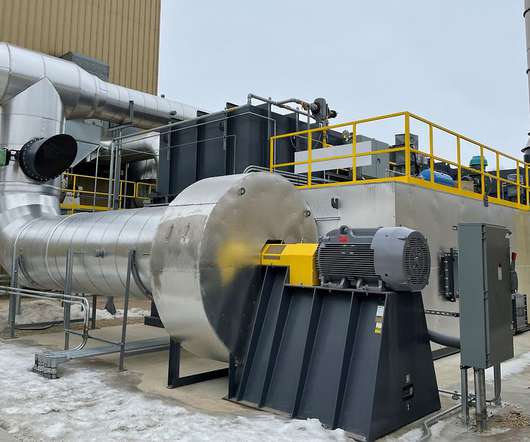America’s Top 10 Companies for Environmental Performance in 2022
Just Capital
APRIL 22, 2022
The company’s climate commitment is a verified 1.5 degree Science Based Target , and is informed by its goal to reach net zero emissions by 2030 across its operations and supply chains and its analysis on the carbon impact of remote work. C Science Based Target Carbon negative target Zero waste target. Verified 1.5°C












Let's personalize your content